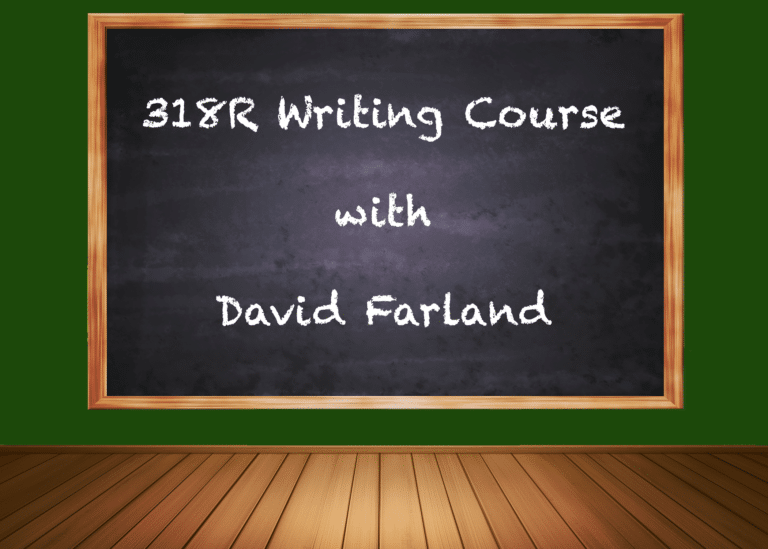Strategies for Writing a Series
When you begin to write a series, there are a number of strategies that you can adopt. Each has some advantages, and each has some pitfalls. It reminds me of the story of a traveler years ago who was getting ready to take a long dirt road that was filled with ruts. A sign at the beginning of the dirt road said, “Choose your rut wisely. You’ll be in it for the next 22 miles.”
There are a number of choices that you might have to make. For example, do you want to tell an episodic story or one long overarching tale? Do you want to use the same characters in every book, or would you like to freshen things up by having different protagonists? Do you want the stories all set within the same general time frame, or would you like the story to span eons? Will your story be set in the same locale in each book, or will you move to new ones from time to time?
So let’s begin exploring your options.
Episodic vs Long Tale
An episodic tale would be one where each novel is complete in itself. An example of an episodic series would be the Sherlock Holmes novels or episodes of most comedies on television. In an episodic novel, each story is complete in itself. The customer doesn’t have to buy other books in the series in order to enjoy the tale. This can be a selling point if the series is rather long. A lot of readers will resist jumping into a long series. They may fear that if they have to buy twenty books, they will be investing a huge amount of time and money into purchasing an entire series. This price resistance can be especially difficult to overcome when you get eight or nine books into a series, particularly if the author is taking several years to write each book or looks as if he or she will expire before the series is done. So writing an episodic series might seem to be an advantage.
The problem of course is that an episodic series may have fluctuating sales. Let’s say that you write a book that gets a drab cover, has a poor title, or gets released at a time when the whole world’s attention is focused on some huge event—like the O.J. trials. (Heaven forbid that you have all three happen at once!) Your sales might drop dramatically on a title—by as much as 80%. If that happens, your series might suddenly be in trouble. The book’s results will warn buyers that your sales are down, the major chains will order fewer copies, and you’ll be sailing through rough waters for a couple of years as you try to raise your sales. Typically, if this happens, the sales on that title will rebound over time, but they might never do as well as previous books.
Another disadvantage with an episodic series is that your characters typically don’t grow in most of them. That’s one of the reasons that I used to hate James Bond movies. In each of them, Bond is a free-wheeling playboy who seems to have no end of resources, who handily bests any foe thrown at him, and who sleeps with any woman that he wants. I never could figure out how he could learn to fight like he does and speak any language on earth without practice. In short, he seemed so remarkably two-dimensional and boring that I just couldn’t enjoy him.
There is of course something of a happy medium, the story that is episodic and yet does have a protagonist who changes or grows. You could have Sherlock Holmes get married, go into rehab for his drug problem, and grow old. Yet that introduces new problems. For example, if he goes into drug rehab and gets clean, you’ve just taken away the one great weakness that makes him interesting as a character.
So it might seem that telling a long, overarching story would be a better bet. It locks readers into purchasing the entire series, with the hope that your sales will increase with each book. Getting a drab cover, having a lousy title, or having the world’s attention focused elsewhere usually won’t hurt you as much in the long run. All that you really have to worry about is this: will more readers pick up the series as it goes along, or will more drop out?
The reader’s resistance to investing time and money in a long series becomes your biggest problem, but there’s another one: sustaining the long tale. The whole idea behind a “story” is that you must have some increasing risk as the story progresses. Most authors can’t pull this off over the long term, say eight to ten books. Either the threat becomes so exaggerated that the story loses its sense of verisimilitude, or the author is forced to focus less and less on the major threats and the series thus loses steam. It’s a difficult balancing act.
Later I’ll talk about some other choices that you’ll have to make with your series—the persistent world vs the changing world problem.










